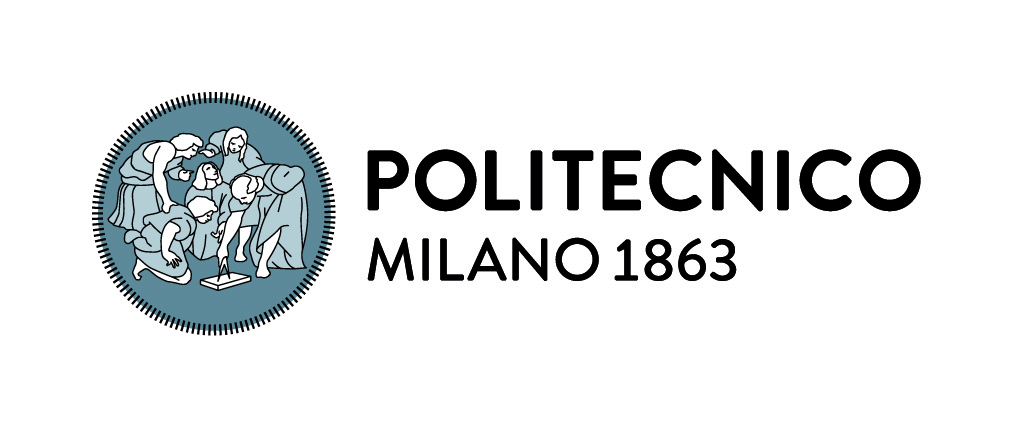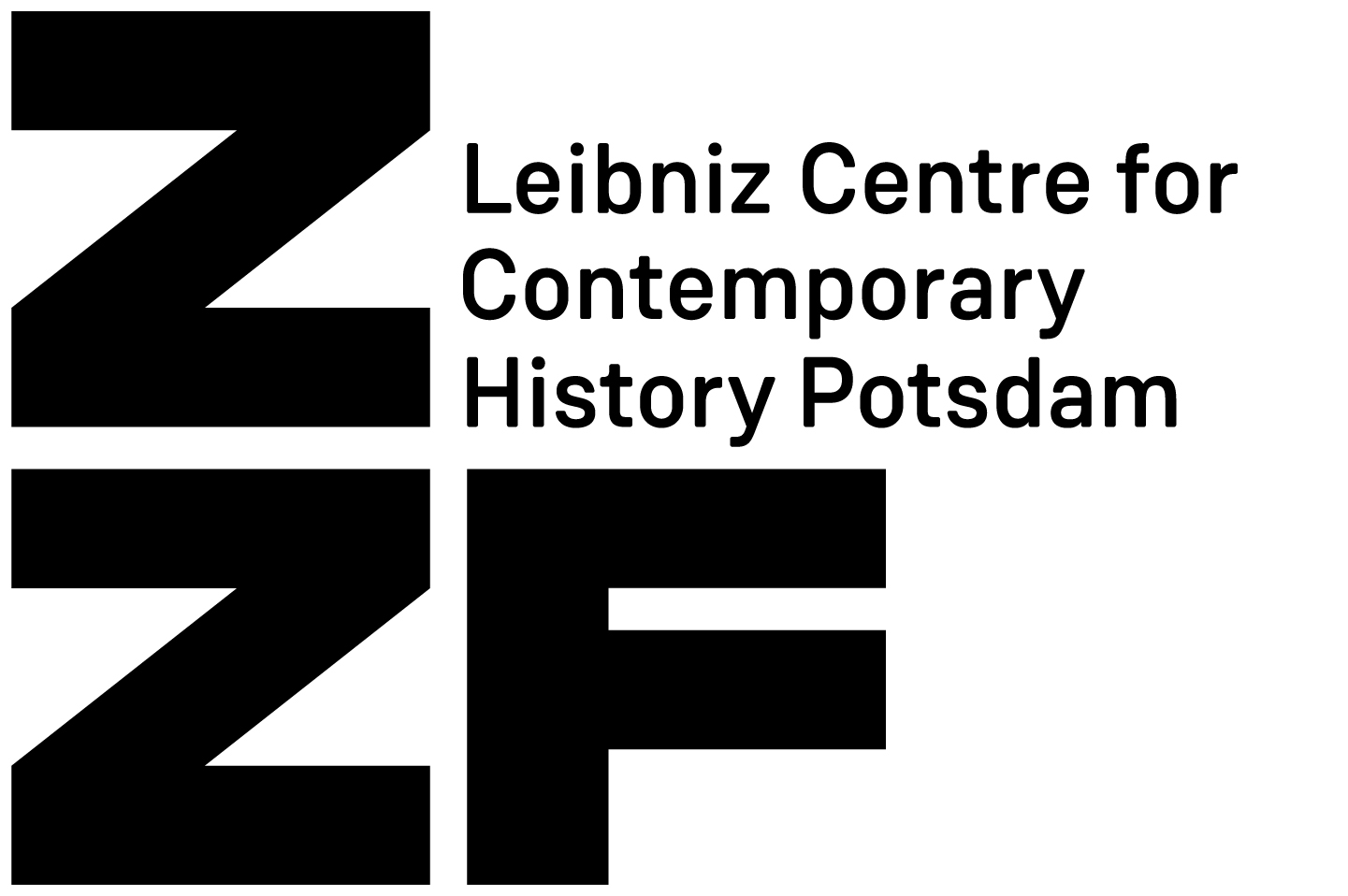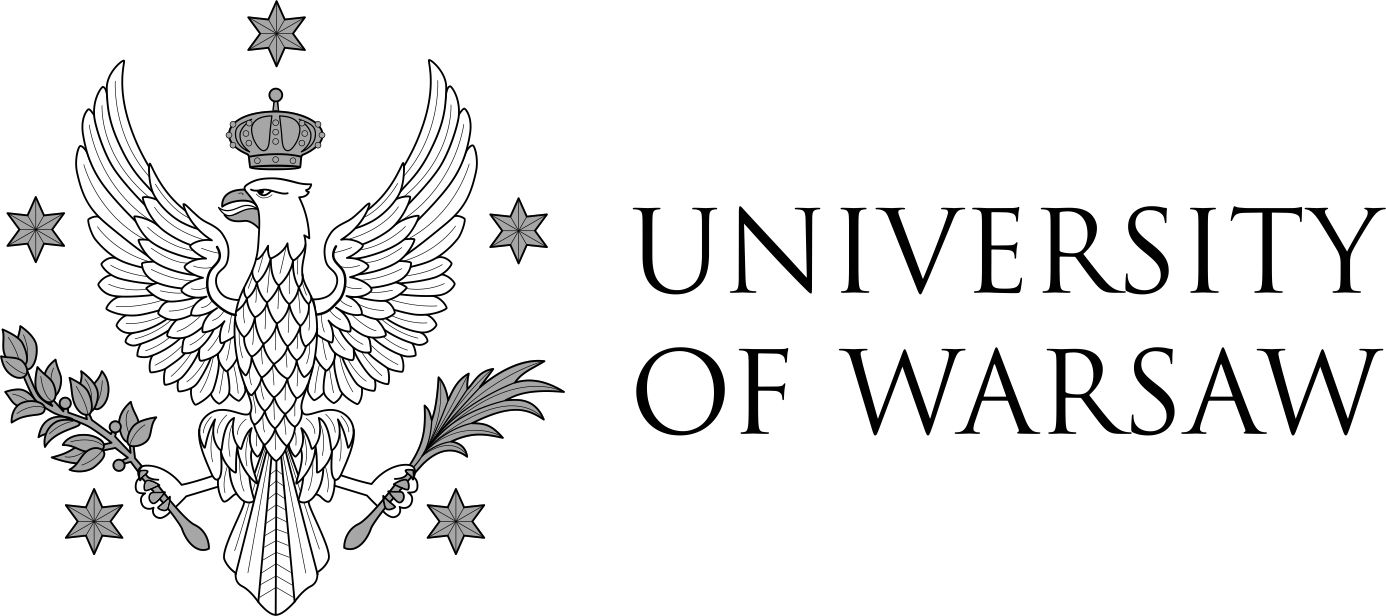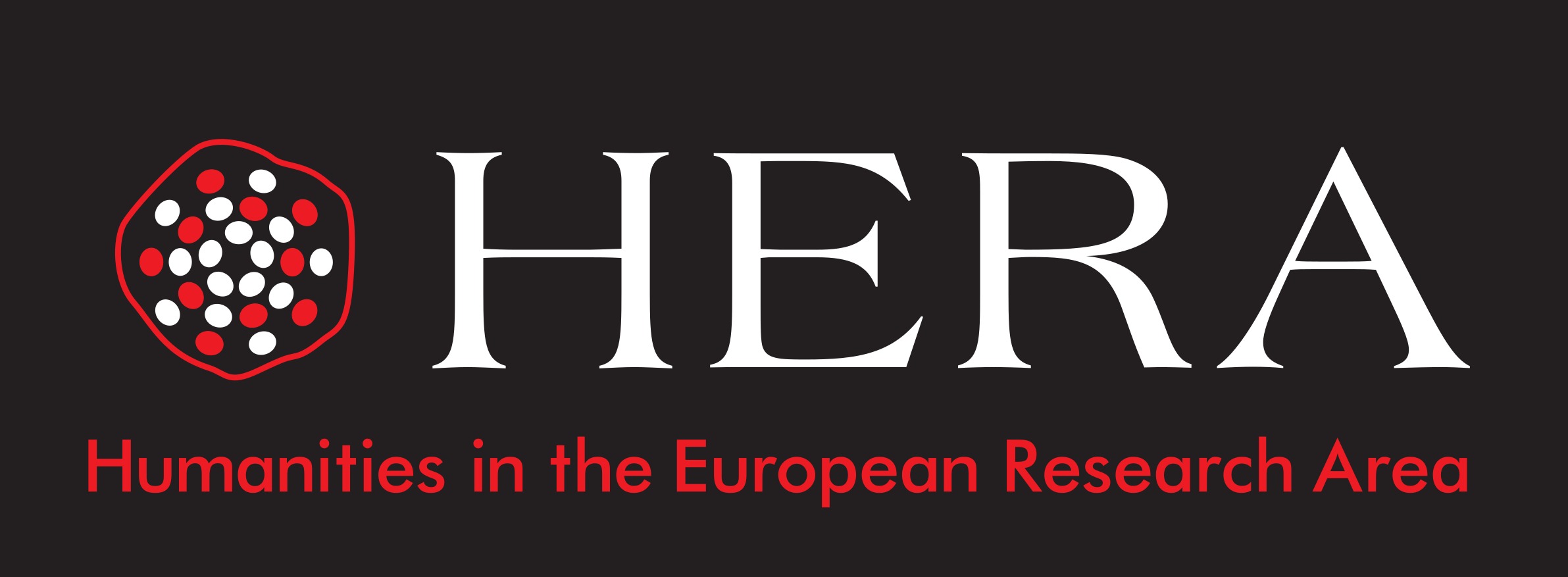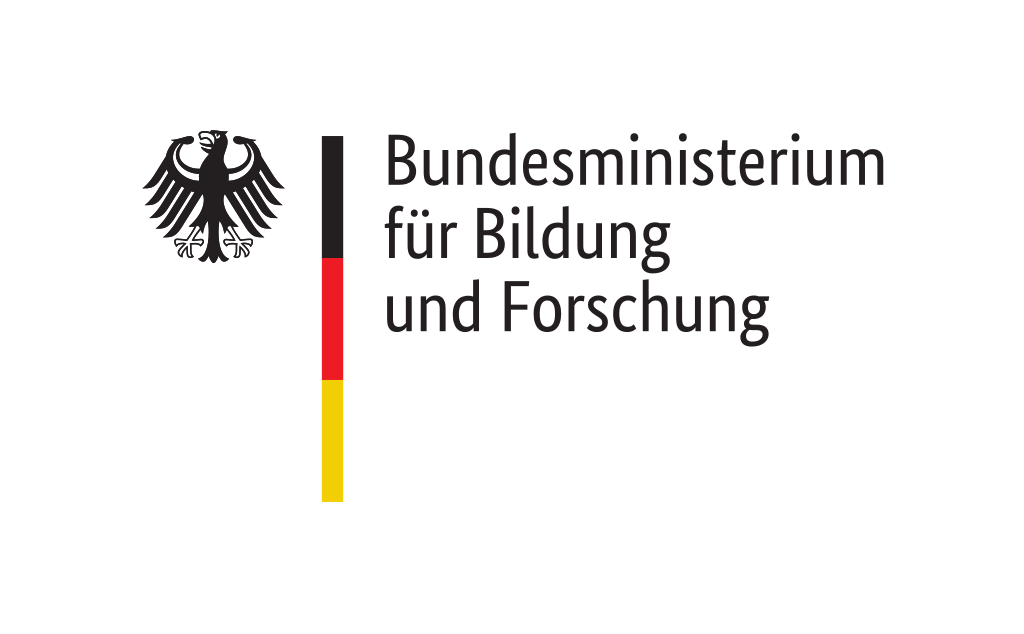Researching the Vietnamese pagodas in Poland
Before and during the COVID-19 pandemics
The Warsaw University team’s work for the en/counter/points project focuses on the ways in which three minority communities in Poland - Vietnamese, Ukrainian and Muslim - negotiate belonging within common spaces. While planning our fieldwork strategy, we aimed to concentrate on specific events organized by migrant religious institutions: churches, pagodas and mosques. Grazyna Szymanska and Krzysztof Kardaszewicz undertook a study of the Vietnamese community, focusing on two Buddhist pagodas located in unobtrusive suburban surroundings constituted by quiet villages located near Warsaw. While the pagodas have operated in the vicinity of the capital of Poland already for a couple of years, they are virtually unknown to the Polish public, while at the same time they play a focal role for the Vietnamese community.
In the initial phase of our research, we followed the traditional pattern of anthropological fieldwork, based on observations on the ground and face-to-face interviews. We visited the two pagodas - Thiên Phúc, located in Laszczki and Nhân Hòa situated in Lazy - during the Tet (Lunar New Year) celebration. Tet is by far the most important holiday in Vietnam, while in the Vietnamese diaspora it constitutes the most prominent occasion when ethnicity is performed. Krzysztof participated in the event organized by Thiên Phúc pagoda, during which traditional banh chung cakes were prepared; inviting both Vietnamese and Polish guests, the pagoda aimed to reach beyond the ethnic boundaries through popular “integration through food” strategy. (Pictures 1 and 2). We also took part in a prayer celebration organized by Nhân Hòa pagoda, during which the public consisted almost exclusively of Vietnamese participants. (Pictures 3 and 4). Each of the events provided us with an opportunity to gain insights into strategies that the Vietnamese pagodas apply to root themselves in the local sociocultural landscape and at the same time negotiate their position within the Vietnamese migrant community.
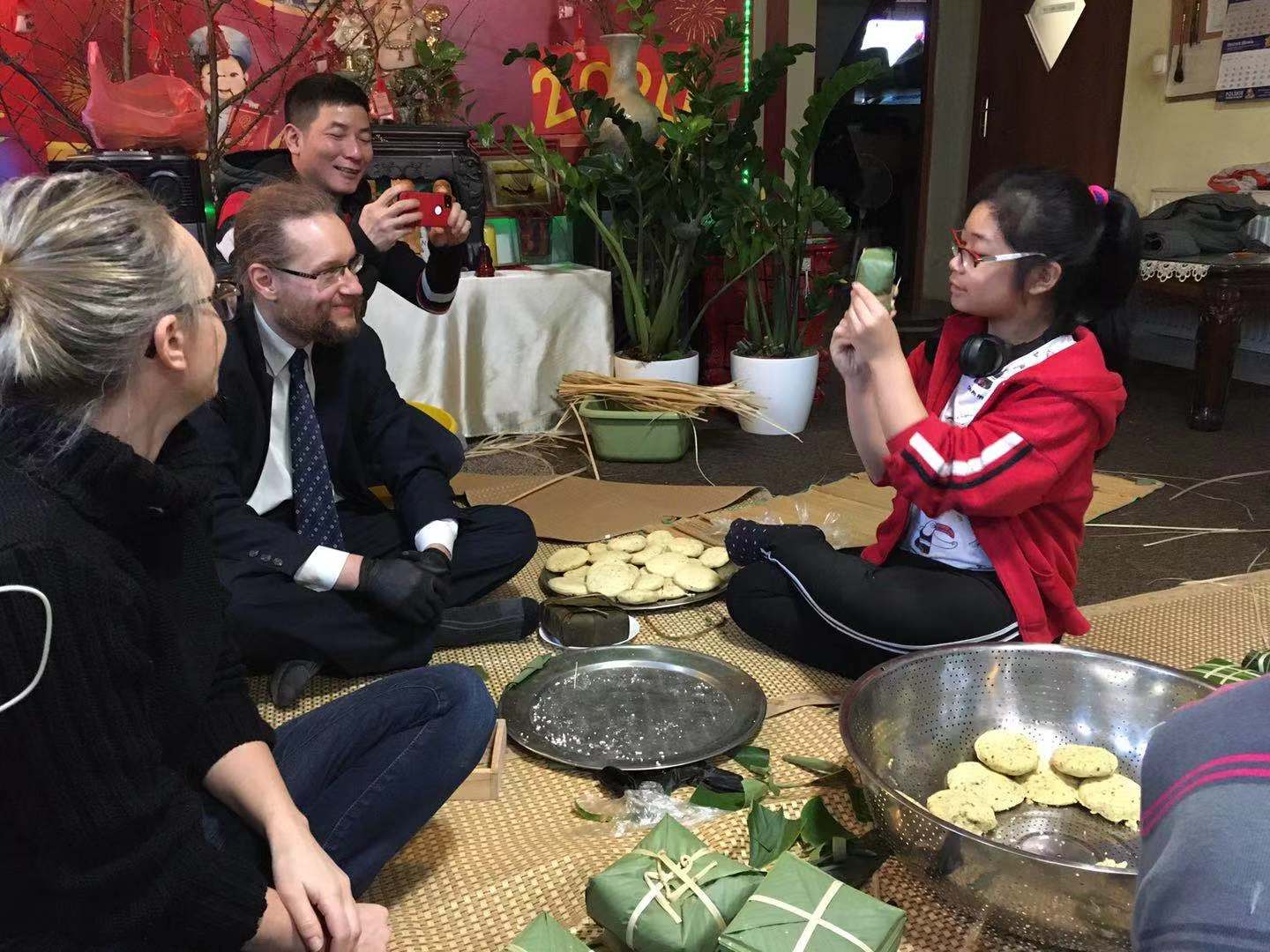
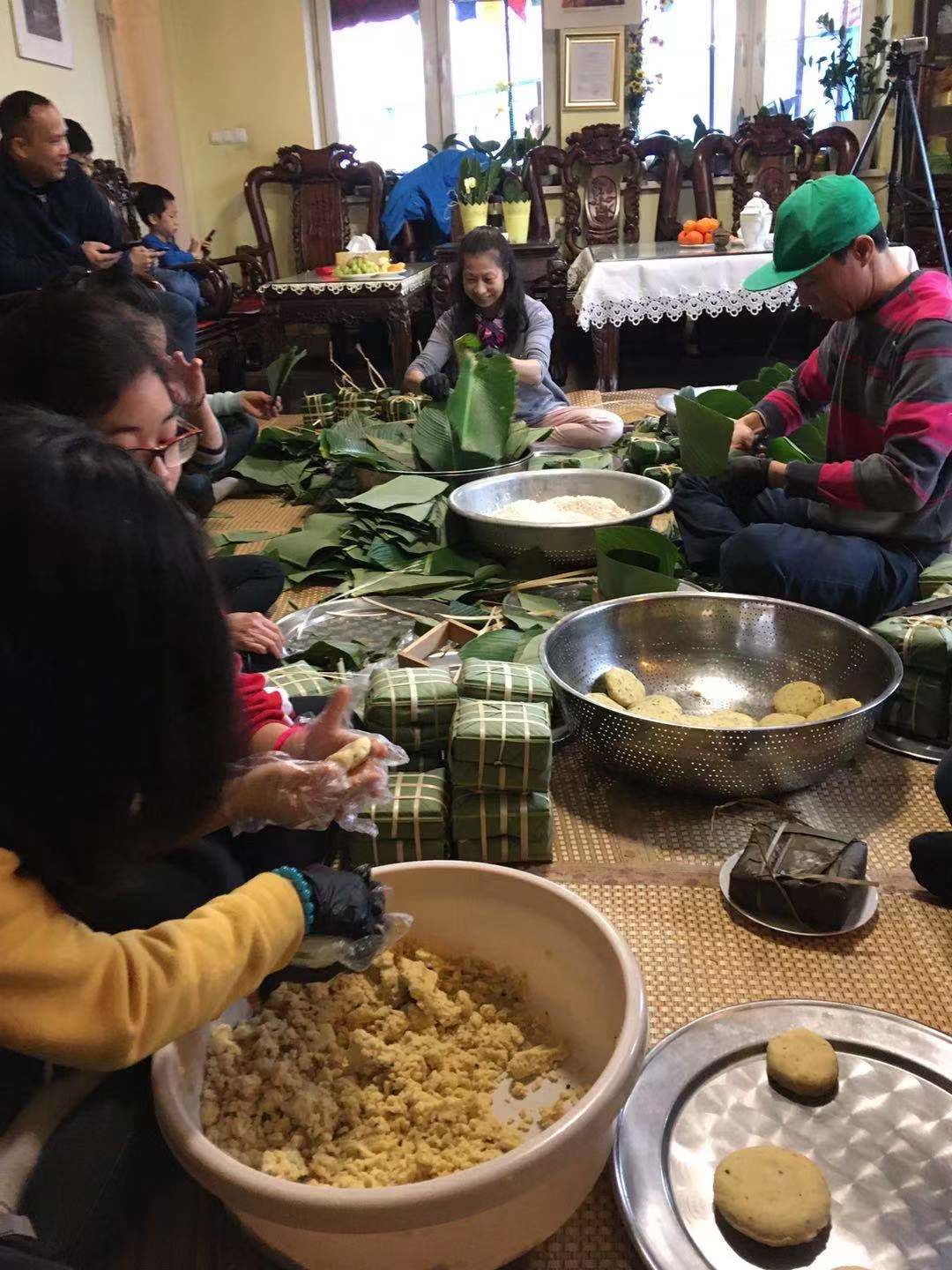
Tet preparations in Thiên Phúc pagoda
While we planned to continue our fieldwork visits, participating in festivals and regular prayers during spring 2020, in April 2020 it became obvious that this would not be possible in the foreseeable future. Following the outbreak of the pandemic, our research team has modified the research strategies. Our fieldwork strategies under the pandemic circumstances include analysis of the activity of pagoda representatives and other actors on social media, accompanied by interviews conducted remotely as well as analysis of media discourse.
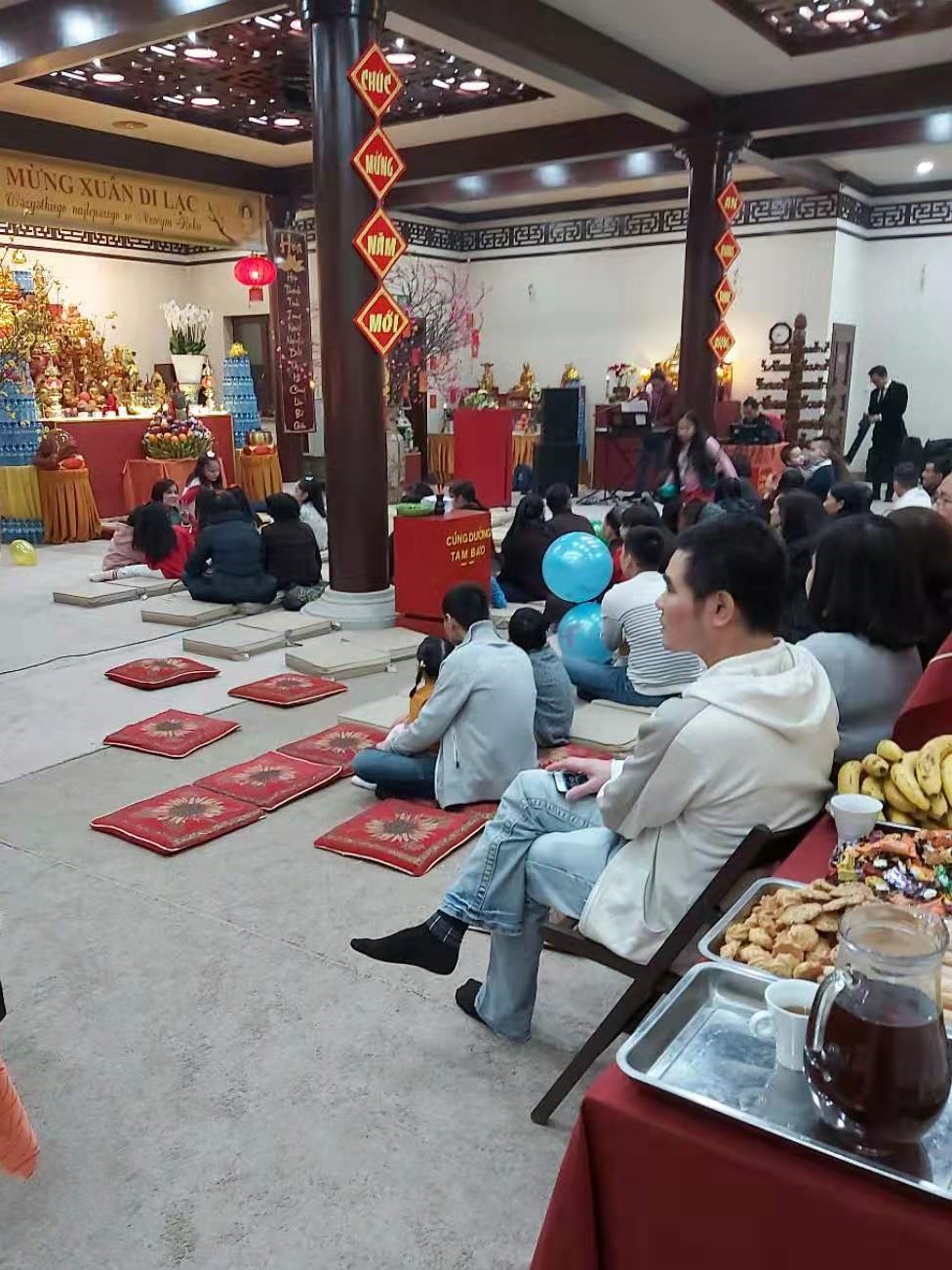
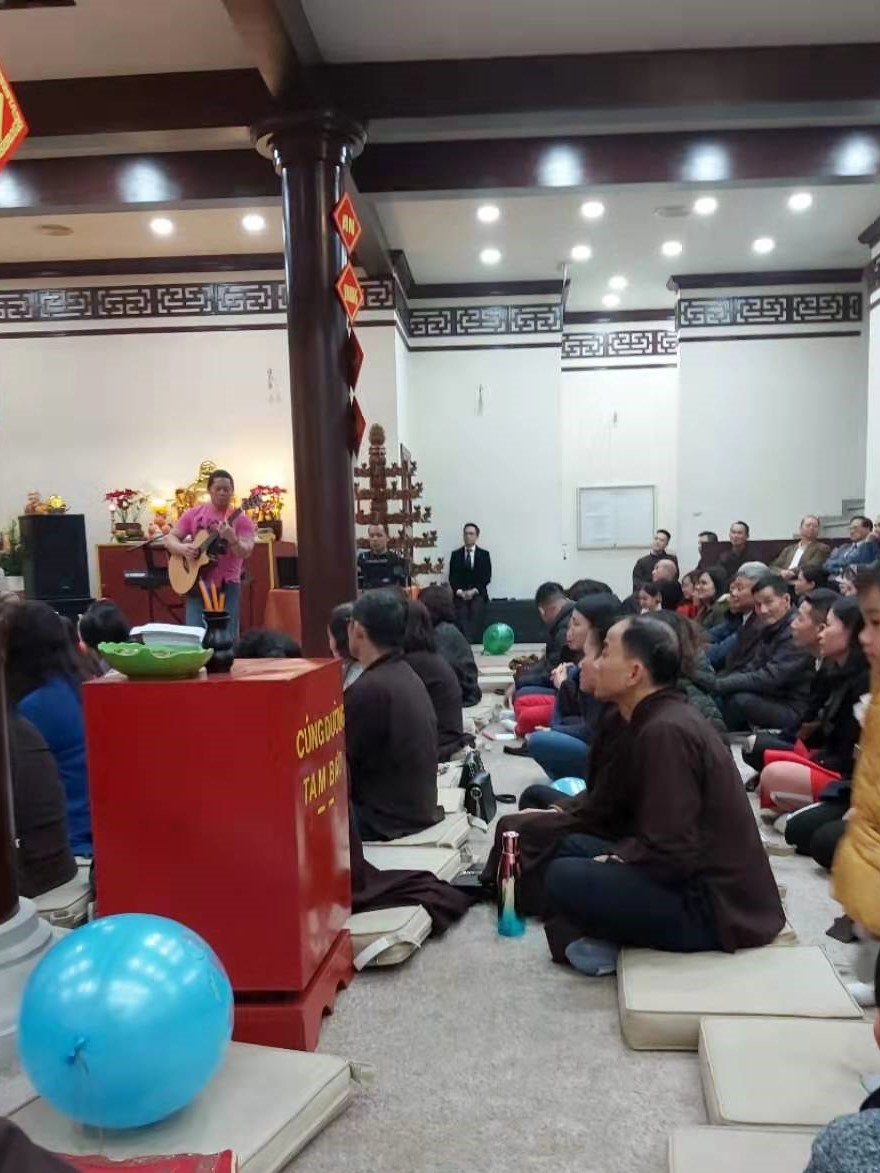
Tet preparations in Nhân Hòa pagoda
This re-adaptation of our approach - from one focused around the on-site fieldwork to a more flexible strategy, based on following the activity of the community actors wherever it took place - enabled us to follow the changes in the negotiation strategies undertaken by the community members in response to COVID-related circumstances. In the case of Vietnamese pagodas in Warsaw, we examined their participation in relief actions aimed at providing support to various recipients. These included initiatives targeting Polish medical staff (most importantly, the initiative #VNJestesmyZWami), in which the pagoda Thiên Phúc gathered personal protective equipment, such as face masks and latex gloves, distributing it to local hospitals and Warsaw Śródmieście district office. The action was noticed by Polish local media, potentially contributing to enhancing the visibility of the Vietnamese religious site among the non-Vietnamese public.
The pagoda also participated in charity initiatives directed towards members of the Vietnamese community, helping a number of families by providing them with monthly supplies of food and equipping them with computers and printers to support distance learning. Yet again, the activity of Thiên Phúc-related actors indicated that the process of negotiating belonging is multidirectional, involving various social contexts such as Polish local and institutional surroundings (exemplified by hospitals and local government offices) and the ethnic community.
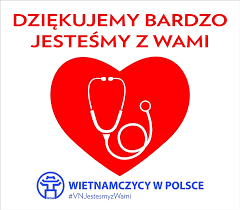
Committee for Combating the Sars-Cov-2 Coronavirus
The outcomes of our study were summarized in a paper “How an Immigrant Buddhist Institution Negotiates Belonging in Poland: The Case of Thiên Phúc Pagoda”, co-authored by Grazyna and Ewa Grabowska, forthcoming in the Journal of Intercultural Studies.


